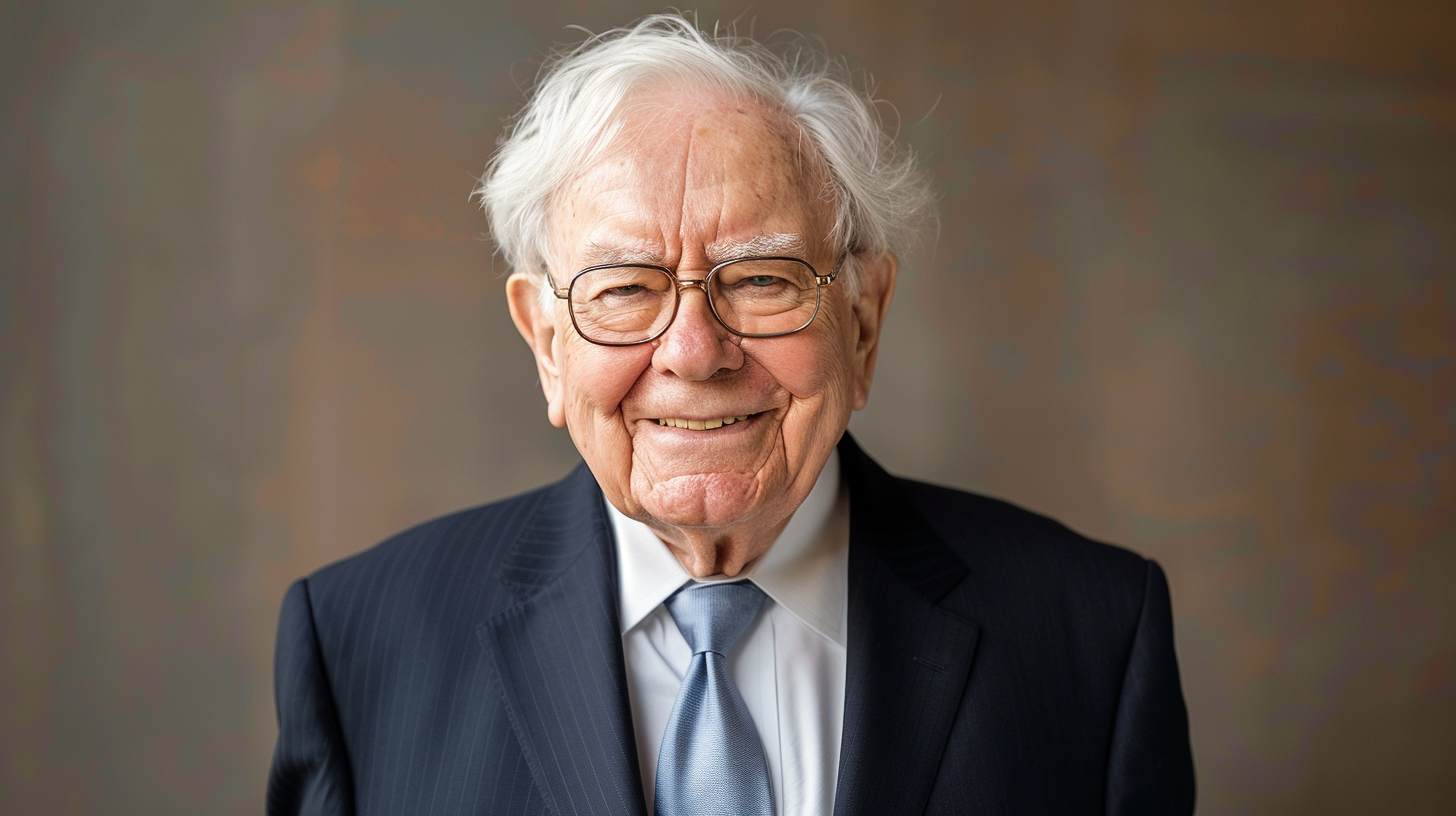| Key Points: – First non-tech U.S. company to reach $1 trillion market cap – Demonstrates strength of diversified, old-economy focused business model – Milestone achieved despite Buffett’s recent defensive market stance |
Berkshire Hathaway has become the first non-technology company in the United States to achieve a market capitalization of $1 trillion. This milestone, reached on August 28, 2024, just days before Buffett’s 94th birthday, underscores the enduring success of the Oracle of Omaha’s investment philosophy and business acumen.
Berkshire Hathaway’s ascent to the trillion-dollar club is particularly noteworthy given its stark contrast to the other members of this exclusive group. While tech giants like Apple, Nvidia, Microsoft, Alphabet, Amazon, and Meta dominate the list, Berkshire stands out with its focus on traditional, old-economy sectors. The conglomerate’s diverse portfolio includes BNSF Railway, Geico Insurance, and Dairy Queen, among many others, showcasing the potential for substantial growth and value creation in industries often overlooked by modern investors.
The company’s shares have surged more than 27% in 2024, significantly outpacing the S&P 500’s performance. This impressive rally has been driven by the strength of Berkshire’s core businesses and strategic investments, including a substantial stake in Apple, which has contributed to recent gains.
Buffett’s journey with Berkshire Hathaway is a testament to his long-term vision and value investing principles. Taking control of what was initially a struggling textile business in the 1960s, Buffett transformed Berkshire into a sprawling empire with interests spanning insurance, railroads, retail, and energy. The company’s success is built on a foundation of prudent capital allocation, operational excellence, and an unmatched balance sheet.
Interestingly, this milestone comes at a time when Buffett has adopted a notably defensive stance in the market. Recent moves include divesting a significant portion of Berkshire’s stock holdings, including half of its Apple stake, while simultaneously building the company’s cash reserves to a record $277 billion as of June 2024. This cautious approach has raised eyebrows among market watchers, with some interpreting it as a signal of Buffett’s concerns about current economic conditions and market valuations.
Berkshire’s conservative cash management strategy is evident in its substantial holdings of short-term Treasury bills, valued at $234.6 billion at the end of the second quarter – a figure that exceeds even the U.S. Federal Reserve’s holdings. This approach reflects Buffett’s emphasis on capital preservation and readiness to act on potential opportunities.
One unique aspect of Berkshire Hathaway is the astronomical price of its Class A shares, which have never been split. This policy, according to Buffett, attracts and retains long-term, quality-oriented investors. The introduction of more affordable Class B shares in 1996 has allowed smaller investors to participate in Berkshire’s success while maintaining the exclusivity of the Class A shares.
As Berkshire Hathaway joins the trillion-dollar club, it serves as a powerful reminder of the potential for value creation in traditional industries. The milestone validates Buffett’s long-standing investment philosophy and demonstrates that patient, principled investing can yield extraordinary results, even in an era dominated by high-growth technology companies.
Looking ahead, market observers will be keenly watching how Berkshire navigates the evolving economic landscape. With its robust balance sheet, diverse portfolio, and Buffett’s legendary acumen, the company is well-positioned to continue its remarkable journey, potentially paving the way for other non-tech companies to follow in its footsteps.
